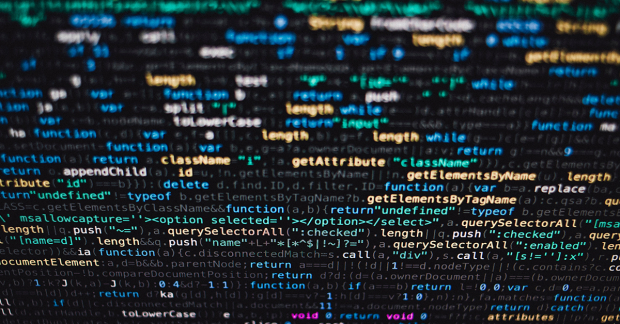New play written by artificial intelligence expected to premiere in 2021
Taking “learning your lines” to a whole new level

A play written entirely by artificial intelligence is expected to premiere next January.
Created by Czech researchers at Charles University, Švanda Theater and the Academy of Performing Arts in Prague, the piece will be a new reimagining of science-fiction script R U R by Josef Čapek.
The play, which celebrates its 100th anniversary next year, is the first to explore the concept of a "robot" and introduced the word to the English language.
According to TechXplore, who interviewed one of the researchers Rudolf Rosa, the process has been a protracted one, with the team having to break down the overall play into individual scenes and moments that the AI can turn into dialogue.
The team is utilising what is known as a "pre-trained language model" (ie an AI system that has been fed with a wide array of English literature texts). The main limiting factor at the moment is that the existing model has not yet been trained to produce performance-suitable scripts, so the plan is for researchers to "feed" the AI with plays for it to learn from.
The model essentially takes a small chunk of existing text (in this case, Čapek's original play) and then is "inspired" to create further lines, themes and ideas.
As Rosa puts it: "When we fed GPT-2 a scene setting and a few lines of the drama script, it generated further lines in the same style and focusing on the topic of the input script chunk."
As an open-source AI, it's available for anyone to use, and the results are already rather startling. As Rosa says, "We only fed it a few lines from a script and it picked up its genre, structure, topic and character names, using this information to generate more or less plausible lines.
"This was achieved without any adaptation or fine-tuning: we just used the model as it is available online for download, which shows that GPT-2 models really are quite powerful."
But humans are a vital aspect of the development, with Rosa saying that creatives "touch and retouch" what is created by the machine. Though this doesn't mean the human simply rewrites the lines: "We are trying to be very explicit on what the machine does and what a human does, making their cooperation an integral part of the system design, not a post-hoc fix."
The new play is expected to premiere in 2021, with a final script ready by September for actors to rehearse with. According to the Czech team, future plans include getting a play to be performed entirely by robots, without human performers or guidance.
A recent project led by Andy Serkis sought to use digital technology to allow actor's motions to be captured and then projected onto a table-top to create a "live" at-home experience. Utilising the hit musical The Grinning Man as a test, the machine was also able to swap out character features and alter dialogue.












